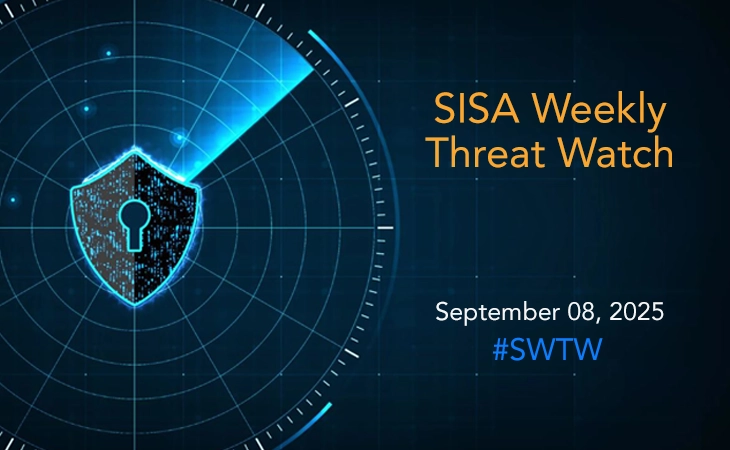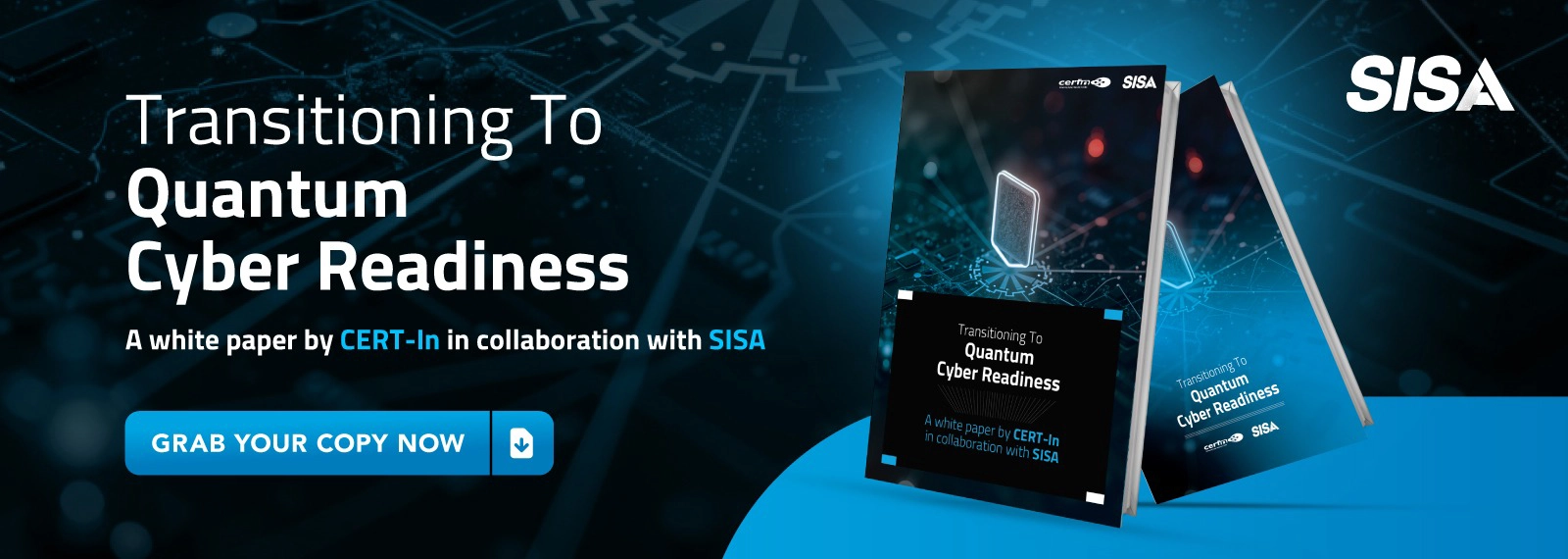
What Is Managed Compliance Services? Why Is it Important
In today’s rapidly changing regulatory environment, businesses across industries are under constant pressure to maintain compliance. From data privacy and financial reporting to ethical governance and cybersecurity, organizations face an overwhelming set of compliance obligations. Meeting these requirements internally often drains resources, creates inefficiencies, and distracts leaders from strategic initiatives.
This is where Managed Compliance Services (MCS) come in. By outsourcing compliance functions to trusted experts, organizations gain the ability to stay ahead of regulations, reduce risks, and improve overall efficiency. But what exactly are managed compliance services, and why are they becoming increasingly important for modern enterprises?
What Are Managed Compliance Services?
Managed Compliance Services are specialized outsourced solutions that help organizations manage, monitor, and maintain compliance with regulatory standards, legal requirements, and industry best practices. Instead of handling every compliance activity in-house, businesses partner with experienced service providers who take responsibility for ensuring compliance across critical areas.
Typical areas covered under managed compliance services include:
- Regulatory Compliance: Ensuring adherence to sector-specific laws such as GDPR, HIPAA, PCI DSS, and other global frameworks.
- Data Privacy & Governance: Protecting sensitive data and implementing processes for secure handling and reporting.
- Third-Party Risk Management: Conducting due diligence on vendors, partners, and supply chains.
- Ethics & Corporate Governance: Establishing policies that ensure ethical business conduct.
- Cybersecurity Compliance: Meeting requirements around breach response, fraud detection, and information security.
Essentially, MCS acts as an extension of your compliance and legal team, offering both technology and expertise to manage complex requirements efficiently.
Why Are Managed Compliance Services Important?
The importance of managed compliance services has grown significantly in the last few years. Organizations are increasingly identifying legal operations, data privacy, and ethics as top areas where a managed services model adds value. Let’s explore the reasons behind this shift.
Rising Regulatory Complexity: Global businesses operate across multiple jurisdictions, each with its own set of laws and compliance mandates. Regulatory changes are accelerating, and companies must constantly update their processes. MCS help businesses keep pace with evolving rules without overwhelming in-house teams.
Cost-Effectiveness: Hiring and training internal teams for every compliance domain is expensive. MCS provides access to a pool of experts and advanced compliance tools, delivering a higher return on investment (ROI). Instead of being seen as a cost burden, compliance becomes a value driver when managed effectively.
Enhanced Risk Management: With threats such as cyber fraud, supply chain vulnerabilities, and data breaches rising, managed compliance services ensure proactive monitoring. Providers employ advanced analytics, automation, and industry best practices to identify risks early and prevent costly penalties.
Freeing Up Internal Teams: Compliance often involves repetitive, tactical tasks like reporting, documentation, and audits. Outsourcing these functions allows in-house legal and compliance professionals to focus on strategic initiatives that drive business growth.
Access to Advanced Technology: Many organizations still rely on basic workflow or document management tools, while only a few leverage AI, automation, or predictive analytics. Managed compliance providers bring cutting-edge technology to streamline processes, improve accuracy, and enhance audit readiness.
Stronger Governance and Transparency: MCS ensures that compliance processes are well-documented, continuously monitored, and transparently reported to regulators, stakeholders, and customers. This builds long-term trust and credibility.
Key Benefits of Managed Compliance Services
- Improved Efficiency – Automates manual compliance processes, reducing human error.
- Scalability – Adapts to business growth and global expansion without additional overhead.
- 24/7 Monitoring – Continuous oversight for critical compliance areas, minimizing downtime or lapses.
- Expertise on Demand – Access to seasoned compliance professionals without the cost of full-time hires.
- Future-Ready Compliance – Helps businesses anticipate regulatory changes and prepare ahead.
Challenges Organizations Face Without Managed Compliance
Without MCS, businesses often struggle with:
- Keeping up with frequent regulatory changes.
- High costs of internal compliance programs.
- Shortage of skilled compliance professionals.
- Reactive rather than proactive risk management.
- Fragmented compliance processes across global operations.
These gaps often result in fines, reputational damage, and operational inefficiencies—risks that MCS helps mitigate.
How to Choose the Right Managed Compliance Service Provider
Selecting the right provider is critical for maximizing the benefits of managed compliance. Consider these factors:
- Industry Expertise – Does the provider specialize in your sector’s regulations?
- Technology Capabilities – Do they use automation, AI, and analytics to improve compliance efficiency?
- Scalability – Can they support your global operations and future growth?
- Transparency & Reporting – Do they provide clear, real-time visibility into compliance status?
- Proven Track Record – Have they successfully supported similar organizations?
Conclusion
In a world where compliance requirements are expanding and becoming more complex, Managed Compliance Services provide a sustainable, cost-effective, and future-ready solution. By outsourcing tactical compliance activities, businesses can reduce risks, improve efficiency, and focus on innovation and strategy.
As regulatory landscapes evolve and penalties for non-compliance grow harsher, adopting a managed services model is no longer a luxury, it is a necessity for long-term business resilience.
FAQs
Q1. How are managed compliance services different from traditional consulting?
Traditional consultants provide advice and leave implementation to the business. Managed compliance services, on the other hand, take ownership of ongoing compliance processes, offering continuous monitoring and execution.
Q2. Are managed compliance services suitable only for large organizations?
No. While large enterprises benefit significantly, mid-sized and even smaller businesses can leverage MCS to access compliance expertise without hiring expensive in-house teams.
Q3. How do managed compliance services ensure data security?
Providers implement robust data governance frameworks, encryption, and secure monitoring systems. They also comply with international standards such as ISO 27001 and GDPR.
Q4. Can MCS adapt to industry-specific compliance requirements?
Yes. Leading providers offer tailored solutions for industries like finance, healthcare, retail, and manufacturing, ensuring sector-specific regulations are met.
Q5. Is adopting managed compliance services cost-effective in the long run?
Absolutely. By preventing regulatory fines, reducing staffing costs, and streamlining operations, MCS delivers strong ROI while enhancing overall governance.
Latest
Blogs
Whitepapers
Monthly Threat Brief
Customer Success Stories
 USA
USA India
India APAC
APAC Middle East
Middle East Global
Global






 Facebook
Facebook Linkedin
Linkedin  X
X Youtube
Youtube







